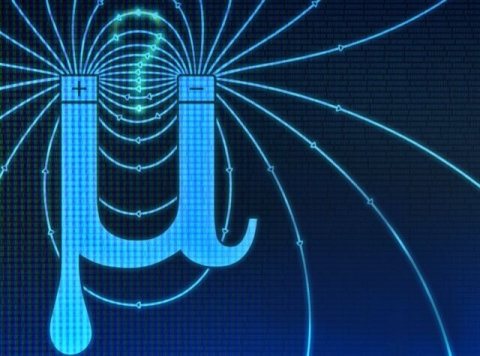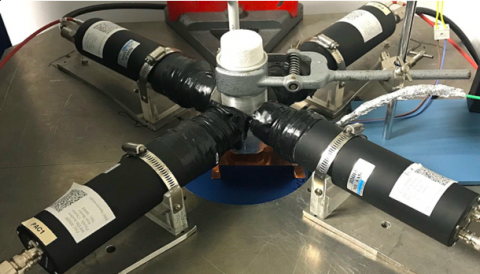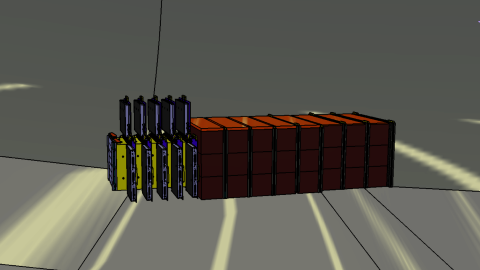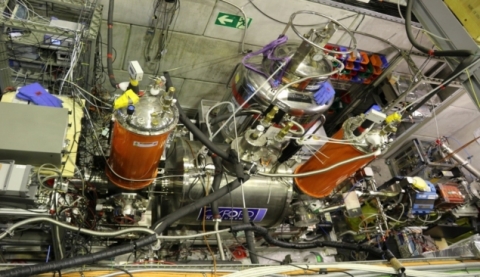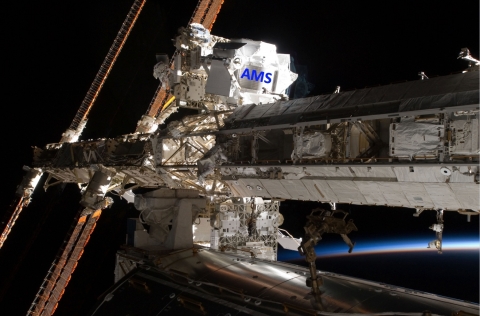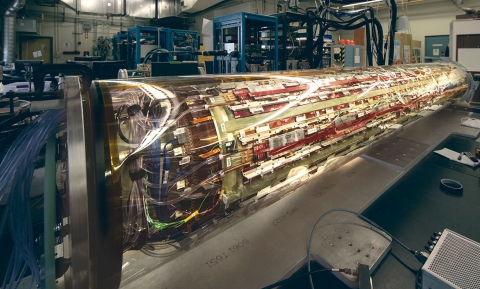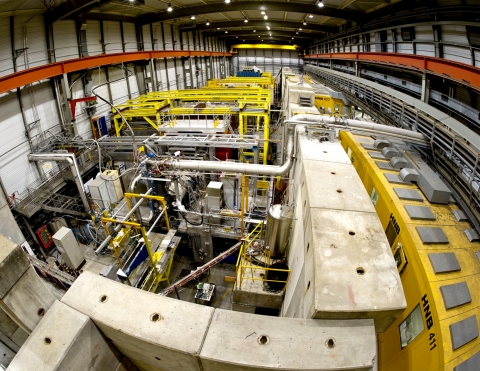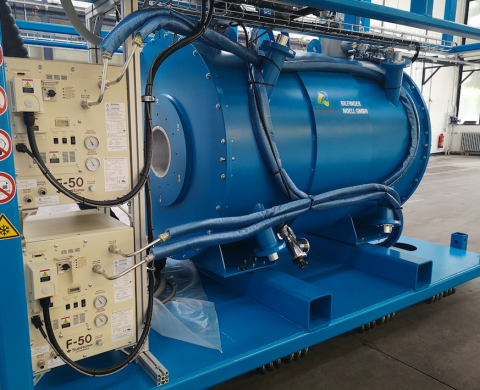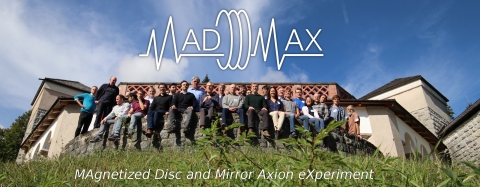SME
Pinning down the muon (g-2) anomaly at the CERN SPS
The Dirac equation predicts the muon gyromagnetic ratio g=2. Loop effects from quantum field theory lead to a small deviation from this value, parameterized by the so called anomalous magnetic moment which is defined as aμ=(g-2)/2. The difference…
Read moreISOLDE determines precise nuclear moments by devising novel experimental technique
Nuclear quadrupole moments (Q), a measure of charge asymmetry in nuclei, are experimentally accessible via the quadrupole interaction frequency νQ=eQVzz/h. To extract Q from this information one needs to know Vzz, the electric-field gradient at the…
Read moreDesigning the SND@LHC experiment
SND@LHC is a newly proposed, compact and stand-alone experiment to perform measurements with neutrinos produced at the LHC in a hitherto unexplored pseudo-rapidity range of 7.2 < 𝜂 < 8.6, complementary to all the other experiments at the…
Read moreBASE develops a new technique to detect ultralight dark matter.
In a recent work published in Physical Review Letters [1], the Baryon Antibaryon Symmetry Experiment (BASE) at CERN has placed new limits on a possible coupling between photons and hypothetical axionlike dark matter particles with masses…
Read moreLatest Results from the AMS on the International Space Station
The Alpha Magnetic Spectrometer, AMS, is a particle physics detector operating on the International Space Station (Figure 1) since May 2011 with the aim to address long-standing open questions in fundamental physics, such as the matter-…
Read moreDo opposites attract? ALPHA-g prepares to explore antimatter gravity
Stuff falls down. This is the universal experience we all have with the gravitational interaction of matter on Earth. Yet one may still wonder if this holds true in the case of the most elusive stuff you can imagine dropping: antimatter. Might it be…
Read moreFrom COMPASS to AMBER: exploring fundamental properties of hadrons
The quest to fully understand the internal structure of hadrons, in particular the dynamics as well as the spatial and momentum distributions of their constituents - the partons -, inspired a large community of theoreticians and experimentalists to…
Read morePUMA: antiprotons to probe the surface of radioactive nuclei
Antiprotons as a probe to study short-lived isotopes remain unexploited despite past pioneering works with stable nuclei. In particular, low-energy antiprotons offer a unique prospect in terms of sensitivity to the neutron and proton densities at…
Read moreSecrets of beta decay unraveled at ISOLDE
Ernest Rutherford, in 1899, separated radioactive emissions into two types: alpha and beta. Becquerel, in 1900, measured the mass-to-charge ratio of beta particles and identified them as electrons. The theory of β decay was developed by Fermi in…
Read moreMADMAX prototype test at CERN
Axion : A promising Dark Matter candidate For decades astronomical observations have indicated the existence of large quantities of dark matter in the universe. Until today, the nature of dark matter has not been understood and is therefore a…
Read more
